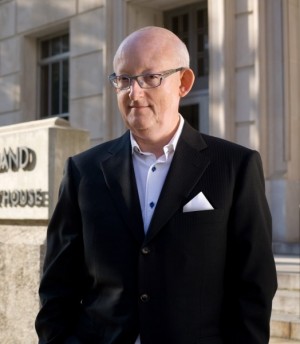It is not that bookmakers are permitted to operate gaming machines on their premises that is so problematic but the fact that they offer high stakes roulette content, it has been claimed.


B2 machines, or fixed odds betting terminals, have been in the public eye recently following a Channel 4 Dispatches programme investigating their impact on the UK high street.
In an interview with InterGame following its broadcast, Derek Webb, inventor of Three Card Poker and founder of the Campaign for Fairer Gambling, said that because gaming machines are permitted in pubs and social clubs it is difficult to argue that a betting office should not be allowed to offer machine gaming as well.
“There are problems, however, related to what the machine offers,” he said. "The stakes on the machines are too high. There’s no reason for the machine stake to be higher than the stake on a casino machine, which is generally £2.”
That they offer players an opportunity to play roulette outside the casino environment is a major concern, he said.
“In the beginning, roulette was well over 90 per cent of the play on machines. It may be less now because more and more content has been added, but it will have been roulette that has attracted the majority of players to play those machines in the first place. They may have moved on to the other games but roulette is the primary driver.”
The game of roulette, he explained, has a “propensity to trade the player up” from simply betting on only a handful of numbers to betting on dozens with wagers of varying sizes.
“The average wager per spin – based upon William Hill’s representation to the DCMS – is nearly £7. If that’s somebody betting in 20p units, that’s a lot of units. It’s my view that the roulette content is the addictive content on the machine.
“What I want to see is the maximum stake reduced, the roulette content removed and maybe a reduction in the number of machines per office.”

